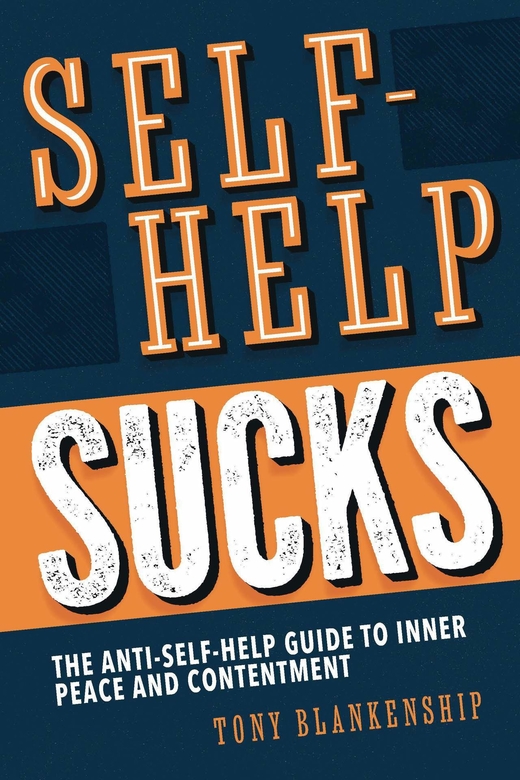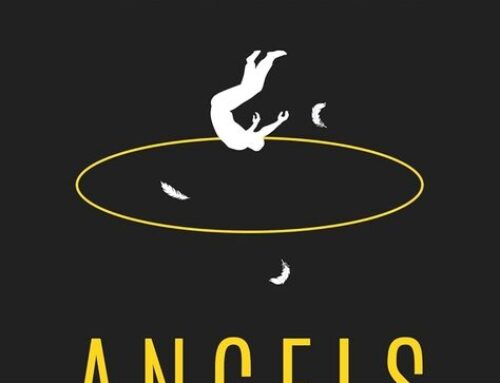
Tony Blankenship takes aim at traditional and inherently limited forms of self-improvement in Self Help Sucks: The Anti Self-Help Guide to Inner Peace and Contentment. Drawing from personal experience, spiritual traditions, and well-established multi-step programs, the author leads readers through an effective interrogation of their own beliefs, in order to help demonstrate what they actually need to get better.
While there is a massive catalogue of self-help books on the market, the premise of this book is not that the advice in those other books is wrong – instead, it is that the “self” part of the equation needs more careful study. Blankenship argues that without reliance on or assistance from a higher power, attempts at self-improvement, or overcoming struggle, are inefficient, painful, and ultimately futile.
Early on, Blankenship claims to use the word “God” in the book as a placeholder for whatever higher power exists, but even with this caveat, the prose does pull extensively from Christianity and other mainstream practices – biblical verses and parable-like stories to frame issues through a generally religious lens. As such, the title doesn’t quite reflect the book’s overall emphasis.
As the book progresses, the explorations of personal inventory become more wide-reaching; looking at one’s issues through the lens of resentments, fears, and relationships provides a unique angle in Chapter 3. The concepts of restitution and repair discussed in Chapter 5 are helpful for anyone looking to lessen their emotional load, while the suggestions for finding connection and community in Chapter 6 feel similarly universal in their value. Finally, the “Rules for Living” in Chapter 8 may be a bit insistent on its own wisdom, but Blankenship’s comments on the stories we tell ourselves – both good and bad – are insightful and valuable.
Technically speaking, the tone of the writing is informal and easy to read, though some of the more anecdotal sections slip into such casual speech that it affects the credibility of the narrative voice. There is also a good amount of repetition; using multiple similar examples to illustrate a given point fills chapters, but doesn’t progress the author’s argument or overall thesis. More credit should be given to readers who will likely get it on the first go around, without needing to be told the conclusion.
Ultimately, this is not a radical departure from other strategies or tacks on mental wellness. An anti-self-help guide is a tantalizing prospect, given the number of guides available, but daily meditations, prayers, journaling, and breathing exercises are almost standard practice in self-help circles. Additionally, what does feel somewhat jarring is the confidence with which this advice is doled out. There are quite a few binaries and hard lines, both explicit and implicit, along with the use of “must,” “have to,” “always,” and other such language that limits space in the conversation for nuance. The book’s focus on a person’s inherent powerlessness also feels antithetical to other self-help messaging; this might be refreshing to some, but many who seek out this genre are looking to be empowered and encouraged, not restricted.
Overall, Blankenship possesses a wealth of knowledge and experience when it comes to overcoming struggle, and while his resultant advice may not be for everyone, there are treasures to be found in his guidance.
Book Links
STAR RATING
Design
Content
Editing
Get an Editorial Review | Get Amazon Sales & Reviews | Get Edited | Publish Your Book | Enter the SPR Book Awards | Other Marketing Services























Leave A Comment